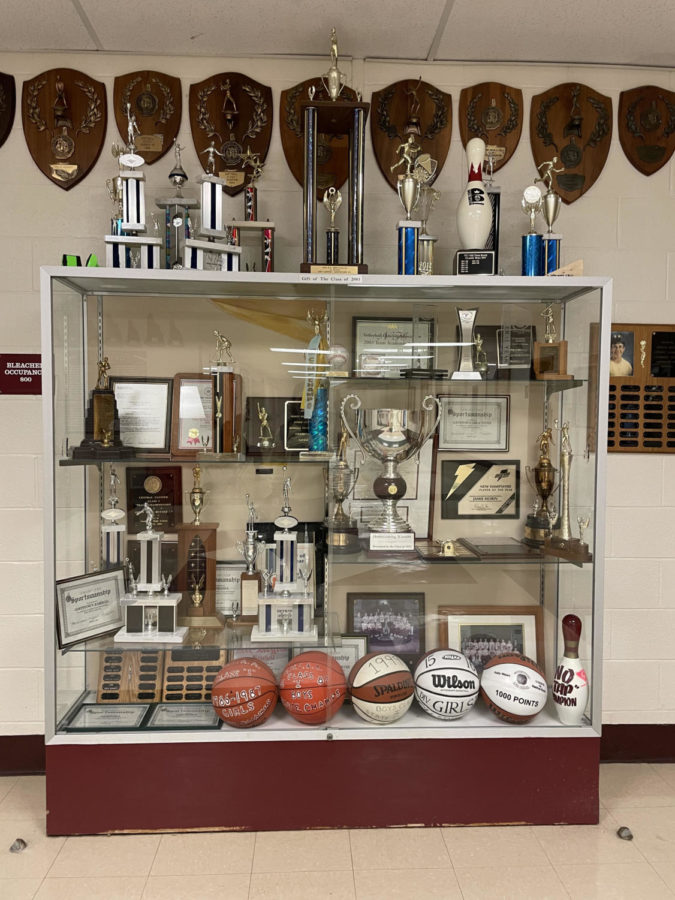Participation Awards Vs Winners
Why Participation Awards may be Sending the Wrong Message
Picture this: you and your soccer team just won your tournament. You’re awarded a medal for your hard work and dedication to the sport. As you’re leaving the tournament, you see kids from other teams with medals too, only their medals say the tournament name and not “champion” on them. This sight may send an incorrect message to many, especially those at a young age.
Participation awards have many benefits and drawbacks. For one, they encourage attendance and consistency in the sport or activity. When kids are attending the activity, they are socializing and working with others as a team. This gets kids off their screens and into the world. Participation awards also promote having a growth mindset. Kids that fall short of winning often go back to practicing in hopes of doing better next time.
Although the potential for growth is encouraged when participation awards are given, there are drawbacks. The biggest negative taken from awarding participation is the recipient may be satisfied with their performance and hold a false belief that no improvement is necessary. People need to lose in order to appreciate the feeling of winning. If kids “win” just by showing up, it robs them of the real experience of having their hard work pay off. And this does not mean that losing is a “failure”, if anything it can be a good thing. Instead of losing and giving out trophies for it, people should be encouraged to get back to working, and use the loss as a motivator. No one is going to “win” at everything they do, so teaching the ability to lose, especially at a young age, is such an essential life skill. Awarding participation also takes the feeling of frustration away which may lead to the loss of motivation to keep trying. If you’re satisfied with not winning, you may be less motivated to keep putting in effort to the activity.
The idea that you’re always going to be the best is wildly unrealistic. So when things get difficult, people need the ability to take failure and turn it into a positive. The idea of being “special” for participating doesn’t go away when you get older; it’s not just relevant when you’re a kid. Take class rankings for example. So many high school students in America work their tails off throughout their four years before graduation but are given the same amount of recognition as kids that don’t care about their grades because class rankings are being taken away from many schools. Students that work harder than others and therefore have better grades should be rewarded with having a rank in their class. Even if you may not be in the top 10, or whatever you may be striving for, class rankings can be used as a motivator to put more effort into academics (similar to the idea of using failure as a motivator).
You’re not going to get anywhere in life, by just showing up and not working hard. You won’t get into Harvard by just coming to school. You won’t go division 1 by just showing up to practice. Life isn’t about just showing up. Those who just show up are given a false sense of hope that they are equal to those that work hard, when in reality, they aren’t. Awarding “participating in life” isn’t a realistic thought, so therefore awarding participation in an activity shouldn’t be either.

Arianna (Ari) Girzone is a junior at Goffstown High School who is in her first year of working for The Paw Print. She plays soccer, softball, and Unified...








